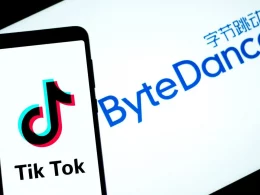In light of a resentment stirred by ambiguities, Adobe has made modifications to its agreement governing user interaction with company software. Certain vague terms indicated that Adobe officially could view content created and stored in its cloud by users, leading to community backlash and resulting in explanatory efforts and a promise from Adobe to rephrase the agreement language for improved clarity.
“Your content belongs to you and will never be used to train any generative artificial intelligence tools,” assures a joint statement from Adobe Product Director, Scott Belsky, and Vice President of Legal Affairs, Dana Rao.
Users of various Adobe applications, including Photoshop, Premiere Pro, and Lightroom, have expressed unease due to the ambiguous terms. Many interpreted the changes in the user agreement as Adobe’s intention to utilize user-generated content for training generative neural networks. In other words, content creators suspect Adobe intends to use AI to pilfer their work for reselling purposes.
Amidst this, Adobe is actively working towards assuring its community that user content is not under threat, acknowledging that the modifications in the agreement were mistakenly imprecise. “In a world where clients worry about how their data is used and how generative AI models are trained, companies holding their client’s data and content have a responsibility to state their policy not just publicly, but also in their user agreement,” explains Belsky.
In response, Adobe has pledged to revamp the user agreement to enhance understanding through the use of “simpler language and examples”. Adobe is hopeful that such an approach will help users more comprehensively understand specific agreement terms. Despite an initial text amendment on June 6th, community backlash remained unaffected. The company insists that clients can safeguard their content not only from neural networks but can also opt out of participating in the company’s product enhancement programs.





